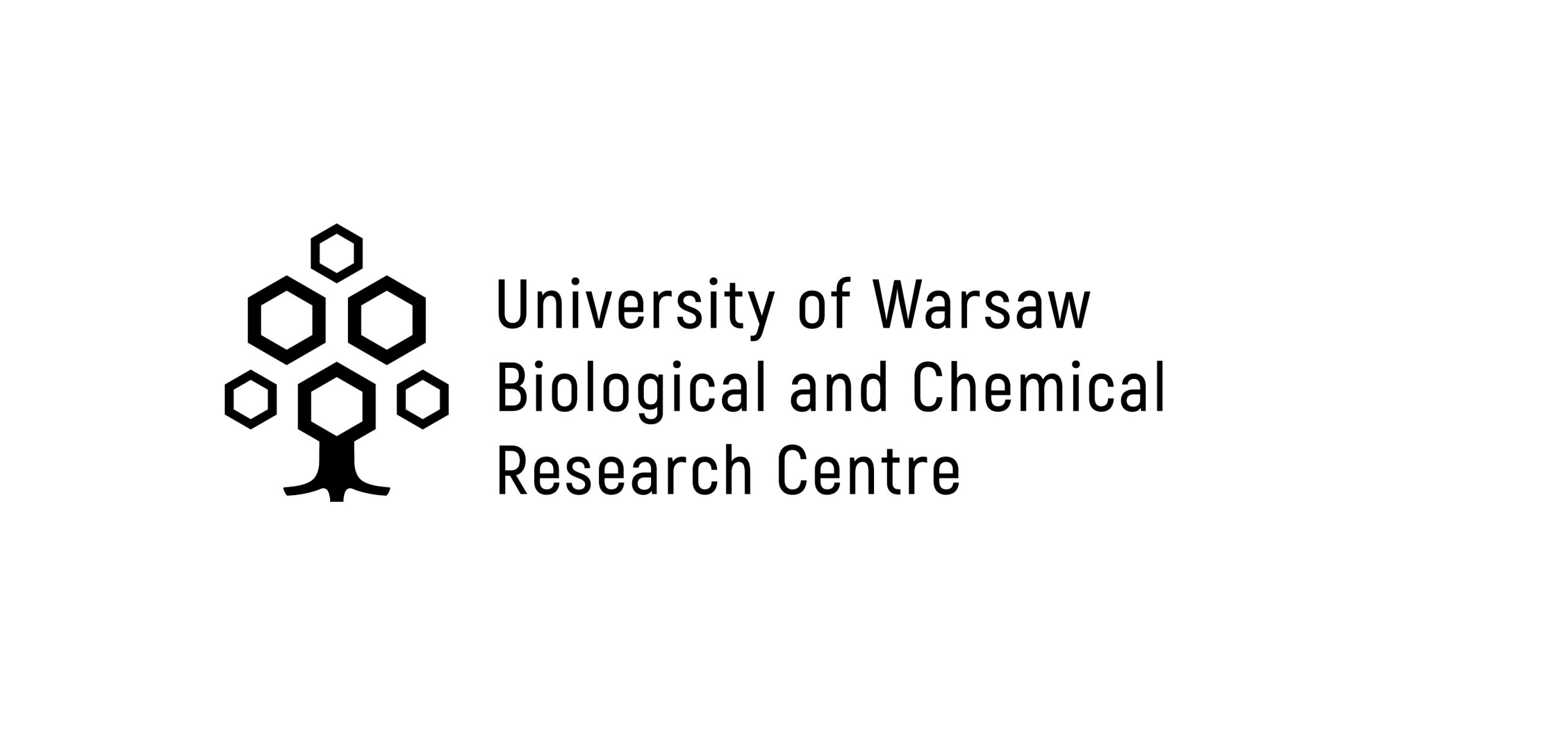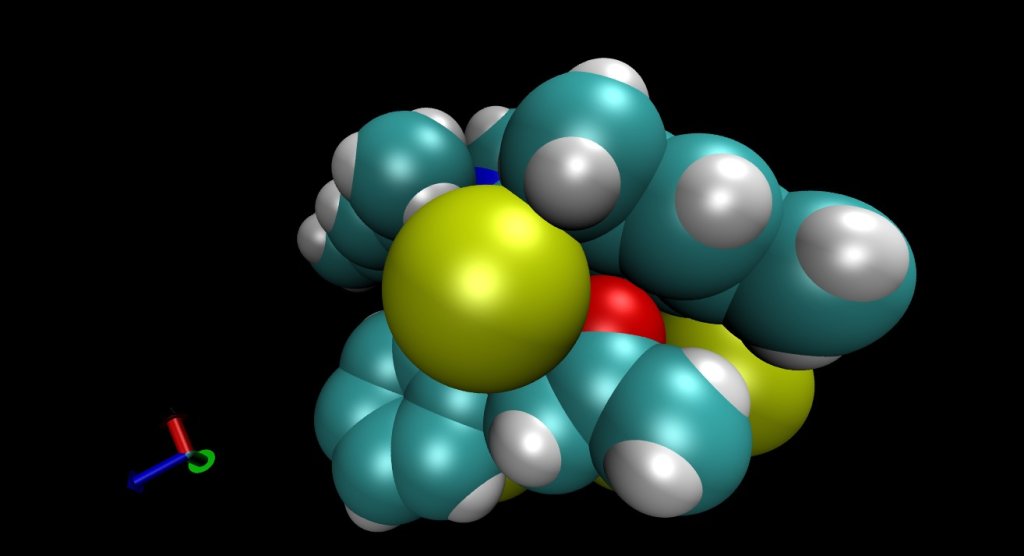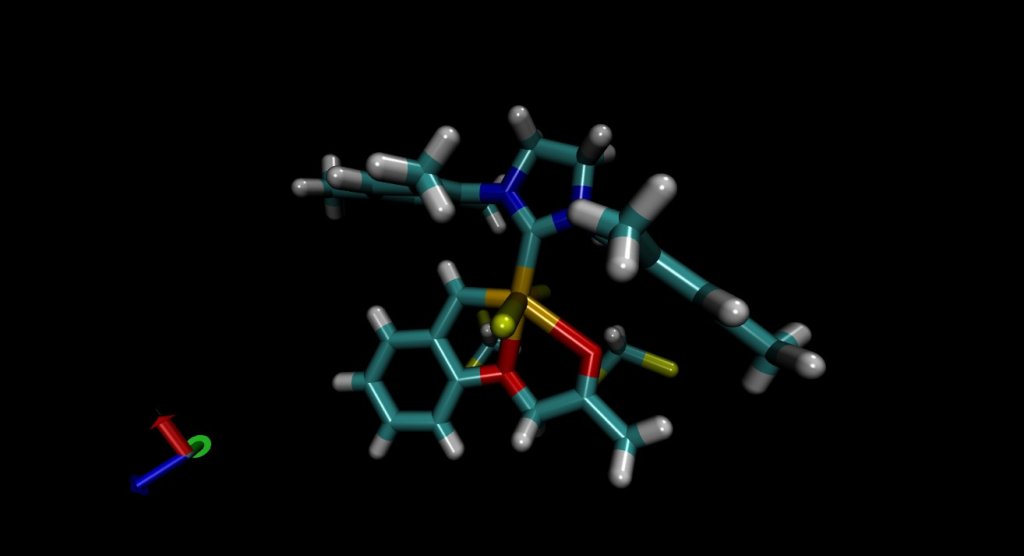Organometallic Synthesis Laboratory
Description of the Group:
Research carried out by this group concerns application of different catalytic reactions in organic synthesis, especially in synthesis of natural products and pharmaceuticals. Currently, work of the group is focused on organic synthesis by means of transition metal complexes, with emphasis on olefin metathesis and on chemistry of renewable resources. Such research must be conducted under the inert gas atmosphere, by use of the Schlenk technique or glovebox, that allows to work under anhydrous and anaerobic conditions. The main research areas of this group are designing new, user-friendly catalysts that enable easier purification of reaction products, analyzing the possibilities of the reuse of catalysts, and expanding the application range of metathesis in organic synthesis. The research laboratory of this group is fully equipped with modern instruments, including dry-boxes, GC, GC/MS and HPLC chromatographs, NMR 400 MHz spectrometer with autosampler.
Research Services:
The main research areas of this group are designing new, user-friendly catalysts that enable easier purification of reaction products, analyzing the possibilities of the reuse of catalysts, and expanding the application range of metathesis in organic synthesis.
The research laboratory of this group is fully equipped with modern instruments, including dry-boxes, GC, GC/MS and HPLC chromatographs, NMR 400 MHz spectrometer with autosampler.
Research Interest:
- design and synthesis of new catalysts;
- catalysis with transition metal complexes;
- conversion of biomass into useful products;
- synthesis of analogues and derivatives of biologically active compounds.
Research Equipment
Team Leader
Professor Karol Grela works on synthesis of organic compounds, olefin metathesis and organometallic chemistry in general. He received his Master Engineer’s degree at the Faculty of Chemistry of the Warsaw University of Technology, and then his PhD degree at the Institute of Organic Chemistry of the Polish Academy of Sciences. After a doctoral internship with Professor Alois Fürstner at the Max Planck Institute in Mülheim, he returned to Poland, where he defended his habilitation (Institute of Organic Chemistry) in 2003 and was awarded the title of professor in 2008. He has won numerous awards and his scientific output includes more than 230 publications and more than 15 patent families (both Polish and international).
Professor Grela’s research results are applied in practice in the industry, and several catalysts developed in Warsaw have been commercialized. Prof. Grela is a member the Scientific Advisory Board of Polpharma SA, as well as a Scientific Advisor to Apeiron Synthesis SA.
Selected scientific publications:
1) Grzesiński, Ł.; Nadirova, M.; Guschlbauer, J.; Kajetanowicz, A.; Grela, K. “Preserving precise choreography of bonds in Z-stereoretentive olefin metathesis by using quinoxaline-2,3-dithiolate ligand” Nat. Commun. 2024, 15, 8981.
2) Sytniczuk, A.; Kajetanowicz, A.; Grela K. “Inverted” Cyclic(Alkyl)(Amino)Carbene Ligands Allow Olefin Metathesis with Ethylene at Part-Per-Billion Catalyst Loading” Chem Catal. 2023, 3, 100713.
3) Kośnik, W.; Lichosyt, D.; Śnieżek, M.; Janaszkiewicz, A.; Woźniak, K.; Malińska, M.; Trzaskowski, B.; Kajetanowicz, A.; Grela, K. “Ruthenium Olefin Metathesis Catalysts Bearing Macrocyclic N-Heterocyclic Carbene Ligand: Improved Stability and Activity” Angew. Chem. Int. Ed. 2022, 134, e202201472.
Significant Achievement:
Development of a series of ruthenium complexes containing novel benzylidene, N-heterocyclic carbene (NHC), and cyclic(alkyl)(amino)carbene (CAAC) ligands (some of them patented), demonstrating intriguing catalytic properties. Some of these catalysts exhibit very good catalytic activity, especially in the case of macrocyclization at high concentration, providing precious compounds with a musk smell interesting from flavor and fragrances (FnF) industry point of view.
Synthesis of macrocyclic musks carried out in high concentrations:
Rendered catalyst structures:
Projekty realizowane przez Grupę Badawczą
| Tytuł | Kierownik projektu | Okres realizacji | Finansowanie | Dodatkowe informacje |
|---|---|---|---|---|
| Stereoselektywne i Stereoretentywne Katalizatory Metatezy Olefin o Zwiększonej Stabilności Chemicznej i Termicznej. | dr hab. Anna Kajetanowicz | 01.06.2022 - 31.05.2027 | Narodowe Centrum Nauki w ramach konkursu Sonata BIS 11 | Opis |
| Nieortodoksyjne koncepcje w metatezie olefin. | prof. dr hab. inż. Karol Grela | 01.10.2020 - 30.09.2025 | Narodowe Centrum Nauki w ramach konkursu MAESTRO 11 | Opis |
| Niemożliwe staje się możliwe: makrocyklizacja nieuprzywilejowanych dienów w wysokim stężeniu przez metatezę z zamknięciem pierścienia. | prof. dr hab. inż. Karol Grela | 27.02.2020 - 26.10.2023 | Narodowe Centrum Nauki w ramach konkursu OPUS 17 | Opis |
| Coordination Chemistry Inspires molecular Catalysis (CCIMC) Program: MARIE SKLODOWSKA-CURIE INNOVATIVE TRAINING NETWORKS H2020-MSCA-ITN-2019- European Joint Doctorate | prof. dr hab. inż. Karol Grela | 03.2022-02.2024 | MARIE SKLODOWSKA-CURIE INNOVATIVE TRAINING NETWORKS H2020-MSCA-ITN-2019-European Joint Doctorate | Opis Karta projektu |



